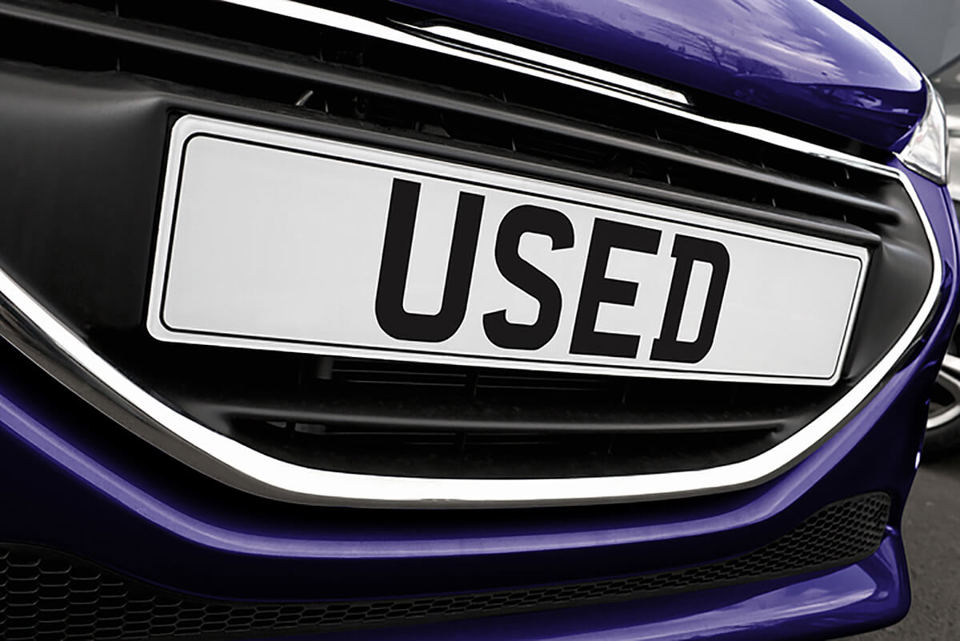Inflexible corporate vendors are paying the price with increased holding costs and a slower return of funds back to the company as they hold out for unrealistic sale prices on defleeted vehicles, says National Association of Motor Auctions.
That’s the claim of Andrew Hulme, chairman of the National Association of Motor Auctions (NAMA), in its latest monthly market report.
The month-on-month reduction in the average price for vehicles sold by NAMA members was in line with expectations for the time of year as the peak in retail sales passes and dealers enter the quieter summer period.
The report shows that during May, average values of used cars sold at auction across the board reduced from £6,075 to £5,875, equivalent to a 3.3% decrease. Values for fleet vehicles recorded a 4% decrease to £6,950 (April: £7,225).
Fleet sector conversions were the lowest compared to the other customer types in May and that has been the case throughout 2011, says NAMA. Whilst this continues there is the danger that the imbalance of supply and demand will persist for two to four-year-old cars, says the organisation.
Month-on-month auction sales increased by 25% with the total number of cars sold in May being just under 84,400 units. However, NAMA says that the sales increase of 25% for May should be viewed in relation to the depressed April total brought on by the extended holiday in the last 11 days of the month.
Sales conversion rates reduced from 67% to 63% - 57% in the fleet sector which has consistently recorded the lowest conversion percentages in 2011- and the number of days a car was on site prior to it being sold, not surprisingly, increased from nine days to 10.5 days. Conversion rates were down by 6% compared to the same period 12 months ago.
Mr Hulme said: “There are signs that dealers have responded to the current conditions, are valuing their stock in line with buyer expectations and are enjoying healthy conversions and fast churn as a result.
“But many corporate fleet vendors have not been as agile and consequently some are paying the price with increased holding costs and a slower return of funds back to the company. Professional buyers continue to literally vote with their feet and actively discriminate between the desirable, saleable vendor brands and those that are perceived to over value their vehicles or be inflexible when it comes to provisional bids.”
Tim Hudson, NAMA vice chairman, added: “Now is not the time to be slavishly following guide prices - vendors should keep a very close watch on market conditions and value their stock accordingly.”

















Login to comment
Comments
No comments have been made yet.